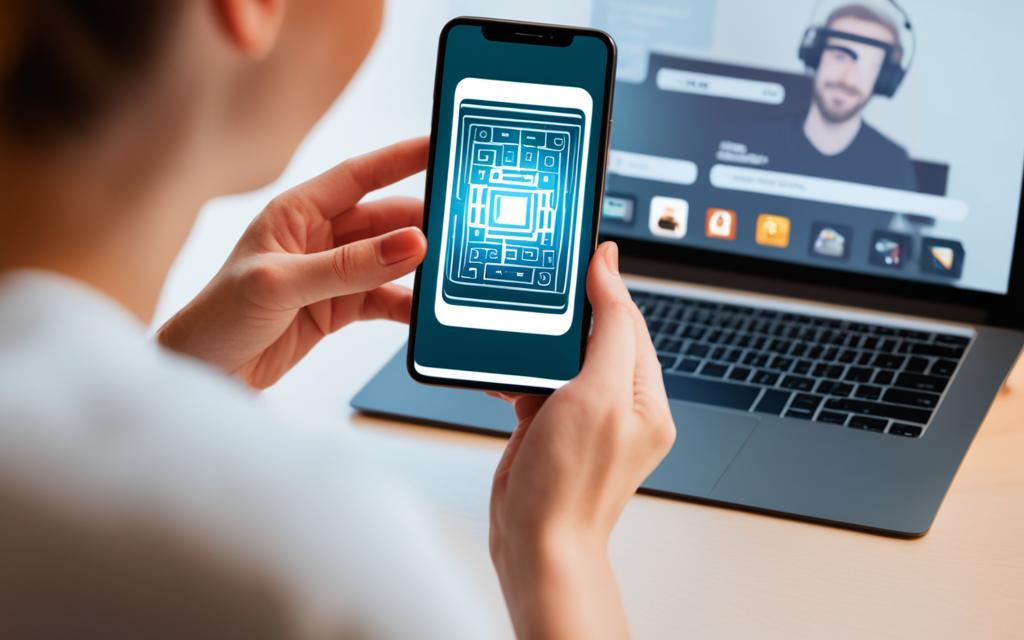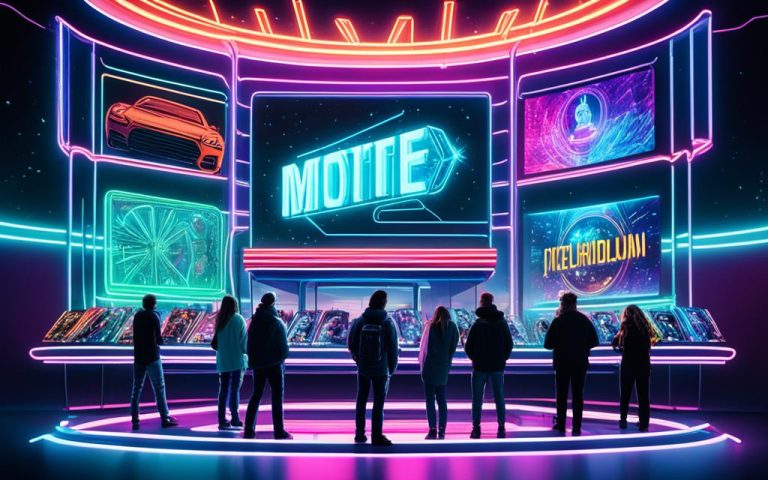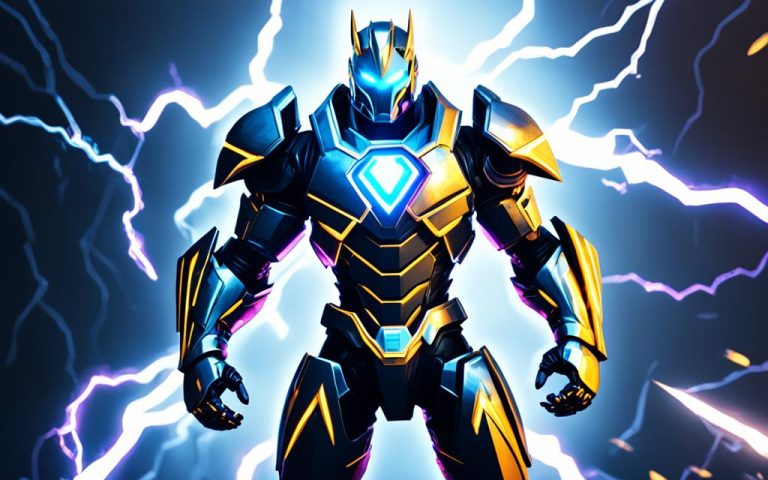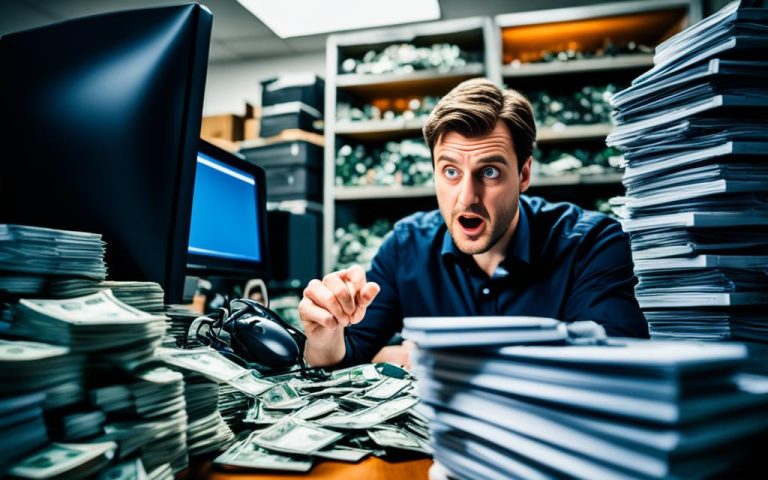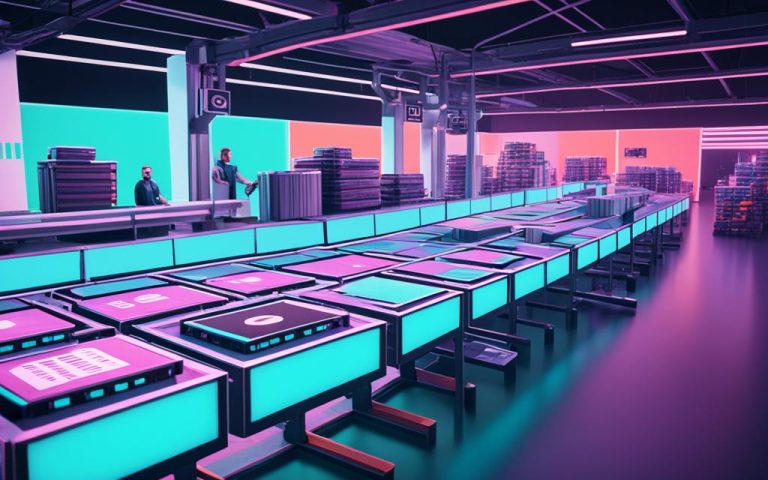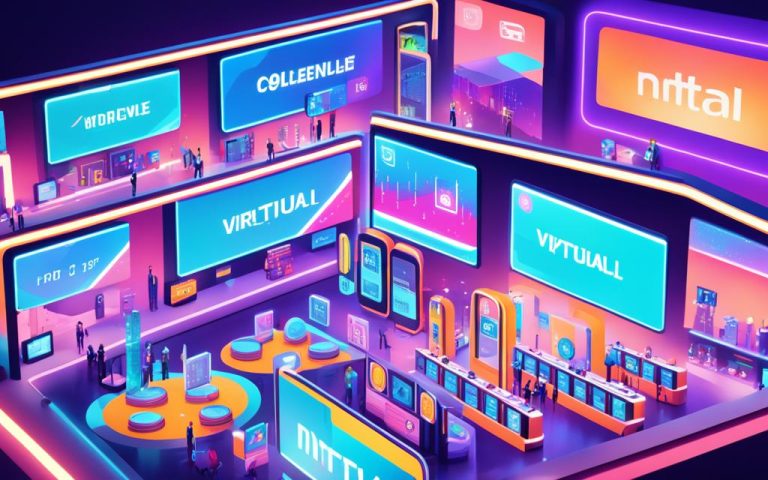Screenshotting is common in our digital world. We save moments from movies or important info. But screenshotting NFTs (Non-Fungible Tokens) enters a grey legal area.
NFTs include digital art, memes, and tweets. They are unique and tracked through blockchain. This ensures their authenticity and ownership.
Taking a screenshot of an NFT isn’t illegal. You can save an image without legal trouble. Yet, selling or claiming the copy as your own can be problematic.
Each NFT has a unique number and is covered by copyright laws. These laws protect art and digital works. Screenshotting for profit or as your own leads to legal issues.
The NFT industry is new, with changing rules. The rules about NFTs and intellectual property are still forming. This opens the door to legal debates and challenges.
However, a screenshot doesn’t capture an NFT’s full value. You miss out on metadata, creator info, and utility. NFTs are valued for their rarity and community.
NFTs are special digital assets with verified ownership. Their history is kept on the blockchain, making transactions clear.
As the NFT world grows, we’ll see more regulations. Clear rules will protect creators and buyers, raising NFT credibility.
In summary, it’s not illegal to screenshot an NFT. But your intentions and what you do next could violate copyright laws. The real worth of an NFT goes beyond just an image. It includes its authenticity, community, and use. Staying informed on legal matters is key as the NFT landscape evolves.
For more info on the legalities of NFTs, check these resources:
– Is Screenshotting NFTs Illegal
– Is it Illegal to Screenshot NFTs
Is it Illegal to Screenshot an NFT?
Many NFT fans take screenshots of NFTs. But, it’s important to know the legal issues this might raise. While screenshotting an NFT isn’t against the law, you must respect the original creator’s rights and ownership.
An NFT is a unique digital item on a blockchain. It has special identifiers and metadata that make it different. Owning an NFT means more than just having it; there are perks and benefits.
Yet, a screenshot doesn’t give you ownership or rights to the NFT’s smart contract. The person who made the NFT keeps the copyright. Using a screenshot without asking can get you into copyright trouble.
Understanding the law around NFT screenshots is key. The Digital Millennium Copyright Act (DMCA) protected digital items since 1998. Court cases show how using screenshots wrongly could lead to copyright issues.
Some have faced lawsuits for copying NFT art. Yuga Labs Inc. sued Ryder Ripps for making fake NFTs and fooling people. This shows how vital it is to respect other’s intellectual property and be original.
Keeping a copy of an NFT for yourself usually isn’t wrong. But, selling it or pretending it’s an original without permission is illegal. This could lead to copyright issues and even criminal charges.
Screenshots of NFTs can be protected with encryption. Also, NFT platforms can set rules for screenshotting. This helps keep the system fair and protects the rights of NFT owners.
Before screenshotting NFTs, getting legal advice is a good idea. Knowing the laws and following them helps you stay out of trouble and respect creators’ rights.
For legal info on NFT screenshots, check out Binance, eatweb3, and AdvocateDaily.
The Value and Future of NFTs
NFTs, or non-fungible tokens, are changing the game. They’re unique and offer proof of authenticity. Each NFT proves you own a digital item. This item, often an image, is safely kept on a blockchain.
These tokens are rare and one-of-a-kind. This makes NFTs valuable in the digital realm. Artists, creators, and collectors can earn from their creations. They also get to claim digital ownership. NFTs can unlock special events, virtual game items, and bring communities together.
NFTs create a sense of community and make things exclusive. They link people who own these special digital pieces. The rise of NFTs shows our desire to connect and belong digitally.
Though some may argue about NFTs, their impact is undeniable. They provide a clear, secure way to prove proof of authenticity. They protect against copying. As laws evolve and technology advances, NFTs could be a key form of digital property.
FAQ
Is it illegal to screenshot an NFT?
Taking a screenshot of an NFT itself isn’t illegal. But, if you use that screenshot to copy or create your own NFT, you could face legal troubles for copyright issues.
What are the legal consequences of reproducing or using an NFT image without permission?
The NFT’s original creator has full rights over it, not just the linked image. Using the image without asking can lead to serious legal issues, like copyright lawsuits.
Can fraudulent NFTs face legal action?
Yes, creating or selling fake NFTs that imitate real ones can get you into legal trouble. It’s because they mislead buyers and break copyright laws.
What is the value of NFTs?
NFTs are valuable because they’re one of a kind and prove who owns a digital item. They link to an item, like an image, and show who it belongs to.
How do NFTs offer proof of authenticity?
Using blockchain, NFTs securely show who owns a digital asset. This system stops theft and makes it clear who owns what, keeping things fair and open.
What is the future of NFTs?
Some people might not believe in NFTs, but their role in digital ownership is growing. With new rules and better tech, NFTs could become a key part of owning digital items.

